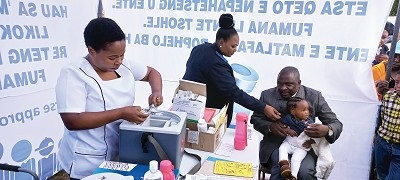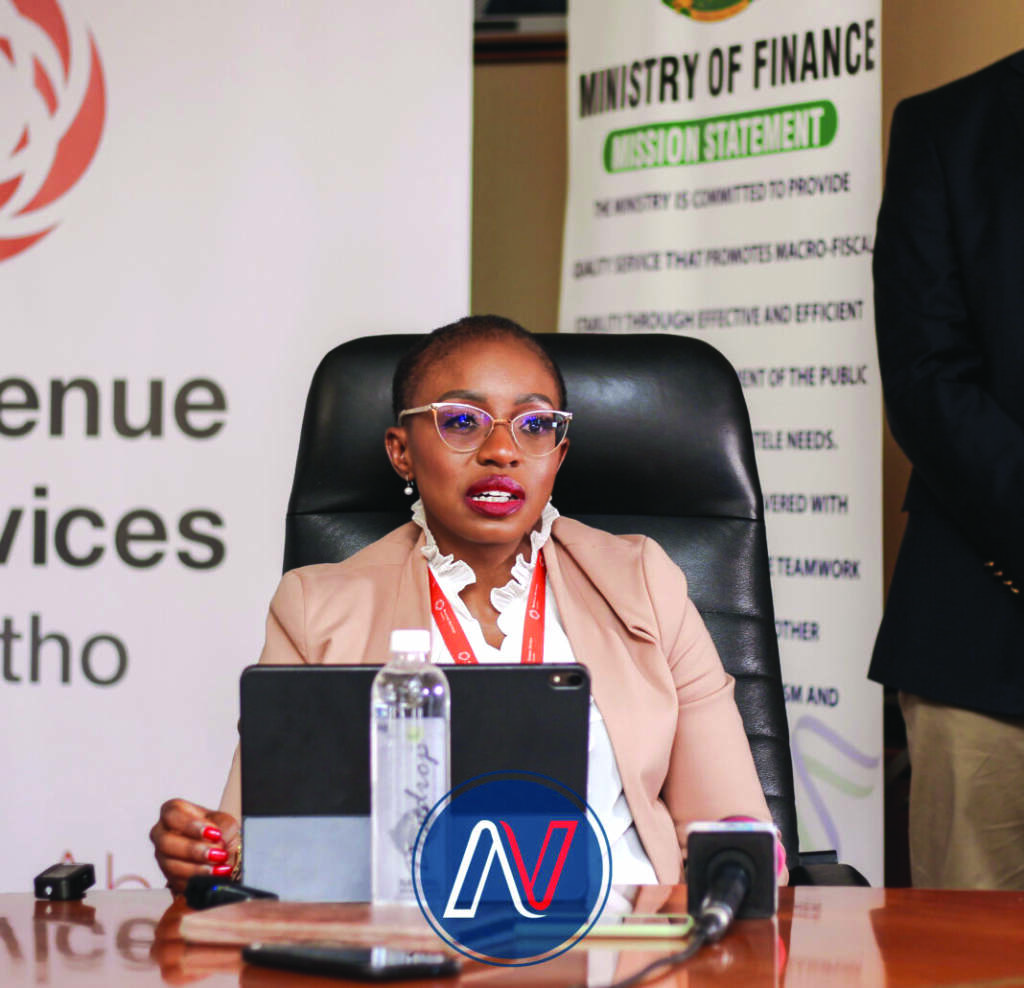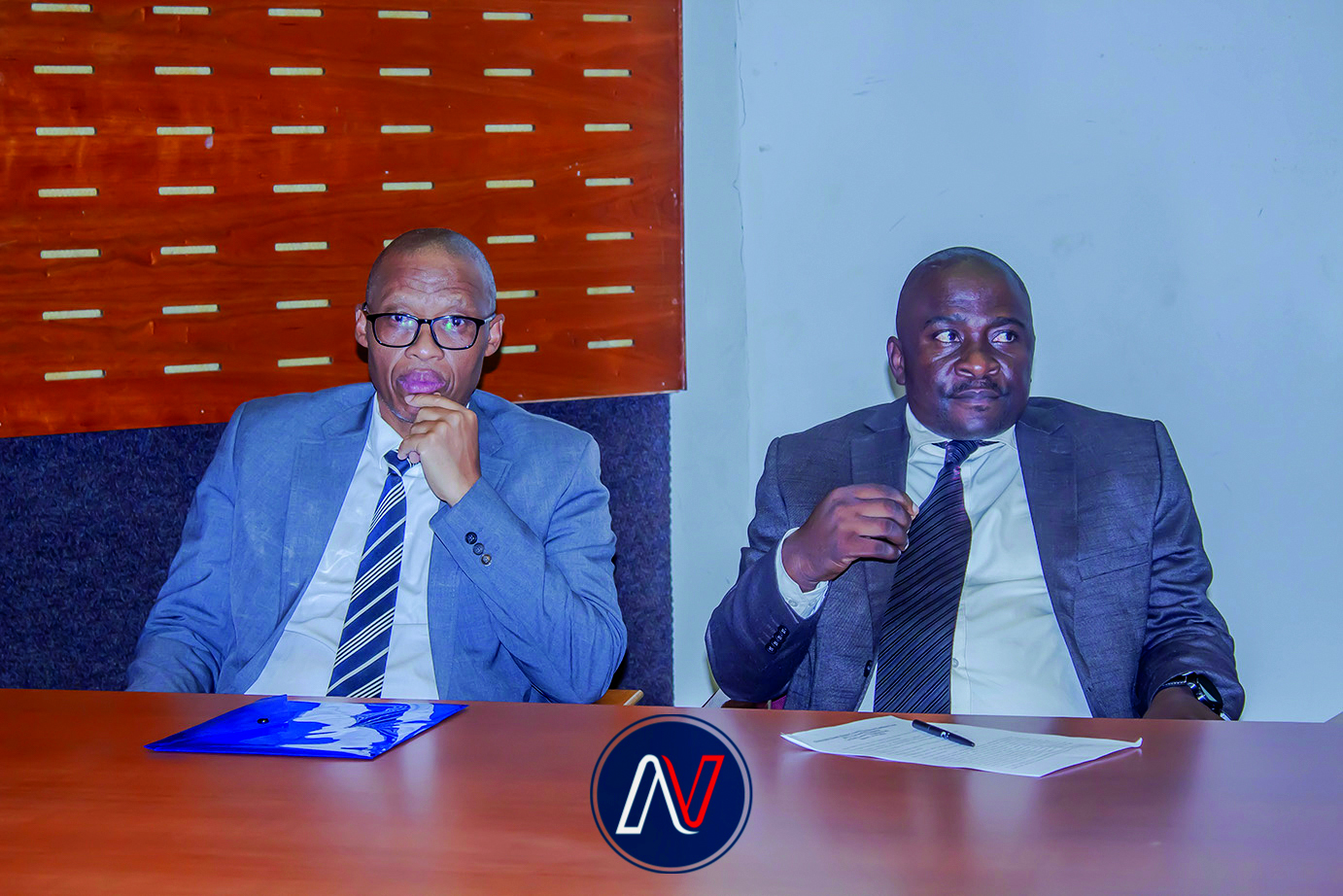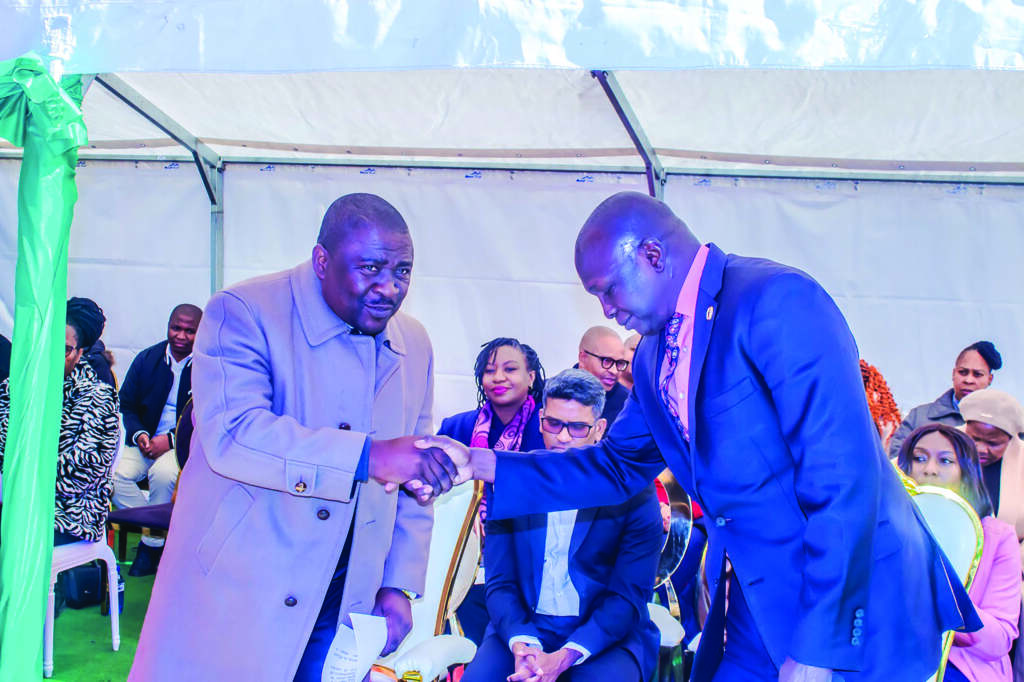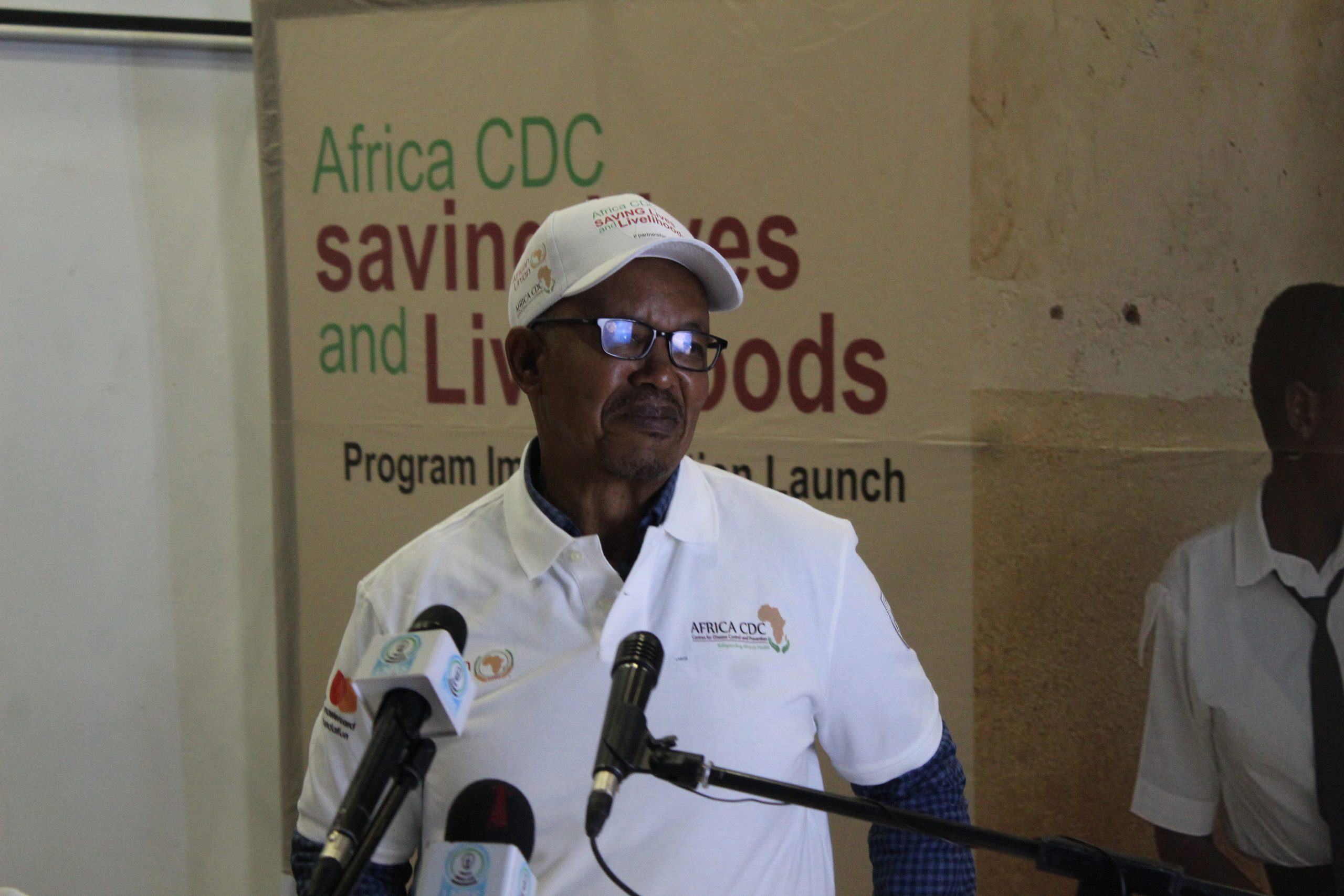Ntsoaki Motaung
The World Health Organisation (WHO) country representative Dr Richard Banda has touted the noticeable progress Lesotho has made to immunize children under five years.
Banda said that between 2021 and 2022, Lesotho had managed to sustain high coverage of under-five vaccination, and had jabbed at least over 80 percent in seven out of 10 districts.
“This shows the country’s willpower and resilience in ensuring the health systems remain responsive particularly to children, even in adversity. Despite the gains, we need to appreciate our challenges,†he said.
He added: “In Lesotho, we must work together to prevent frequent vaccine stock-outs. Seven out of every 100 children miss getting vaccinated.â€
Banda made the remarks this week during the launch of the African Vaccination Week (AVW) at Thabana-Morena Clinic at Ha-Konote, in Mafeteng.
The goal of the AVW is to strengthen immunisation programmes in Africa by increasing awareness of the importance of every person’s need and right to be protected from vaccine-preventable diseases.
Some of the diseases that are vaccine-preventable and treatable include diphtheria, smallpox, measles, tetanus, rubella, and yellow fever.
“We still fall short of the 90 percent coverage for essential vaccines given in childhood and adolescence, as is required by the Immunization Agenda 2030,†he said.
“Vaccines are among the greatest advances in global health and development. Vaccines are the safest method to protect children from life-threatening diseases,†he added.
Banda further indicated that vaccines give every child the opportunity to grow up healthy and reach their full potential.
“African Vaccination Week showcases the importance of vaccines in all our lives, and how they protect us, young and old, against more than 25 vaccine-preventable diseases.
“For over two centuries, vaccines have safely reduced the scourge of diseases like polio, measles, and smallpox, helping children to grow up healthy and happy,†he said.
He commended the government for joining the rest of the African region in commemorating the AVW.
Immunisation, according to WHO, is one of the most impactful and cost-effective public health interventions available, averting over 4 million deaths every year.
In addition to offering protection from preventable diseases, WHO says, immunisation also brings children and families into contact with health systems, providing an avenue for the delivery of other basic health services and laying the foundation for primary health care.
Speaking at the same occasion, minister of health, Selibe Mochoboroane, highlighted the need for increased vaccination efforts in the country.
Mochoboroane said that vaccination helps in the growth of every child.
He emphasized that strengthening health services should begin with prevention, as it is a crucial aspect. He disclosed that the ministry of health intended to sponsor debates in high schools, with a central focus on prevention.
Sister Likhabiso Theko announced the clinic’s plan to vaccinate more than 660 children residing in the nearby communities. Theko urged new mothers to bring their children for vaccinations, emphasising the importance of disease prevention.
She highlighted the vital role of village health workers (VHW) in primary healthcare and stressed the need for their continuous training to ensure they could carry out their duties effectively.
She acknowledged that their facility faced the challenge of being understaffed. The clinic, the nurse said, required additional nurses and pharmacists.
She added that the workload often becomes overwhelming while serving their patients.
The week-long campaign runs from May 15 to 19.
This year, African Vaccination Week and World immunisation Week, from 24–30 April, ran under the theme “The Big Catch-Upâ€.
Summary
- Banda made the remarks this week during the launch of the African Vaccination Week (AVW) at Thabana-Morena Clinic at Ha-Konote, in Mafeteng.
- The goal of the AVW is to strengthen immunisation programmes in Africa by increasing awareness of the importance of every person’s need and right to be protected from vaccine-preventable diseases.
- In addition to offering protection from preventable diseases, WHO says, immunisation also brings children and families into contact with health systems, providing an avenue for the delivery of other basic health services and laying the foundation for primary health care.

Your Trusted Source for News and Insights in Lesotho!
At Newsday Media, we are passionate about delivering accurate, timely, and engaging news and multimedia content to our diverse audience. Founded with the vision of revolutionizing the media landscape in Lesotho, we have grown into a leading hybrid media company that blends traditional journalism with innovative digital platforms.


